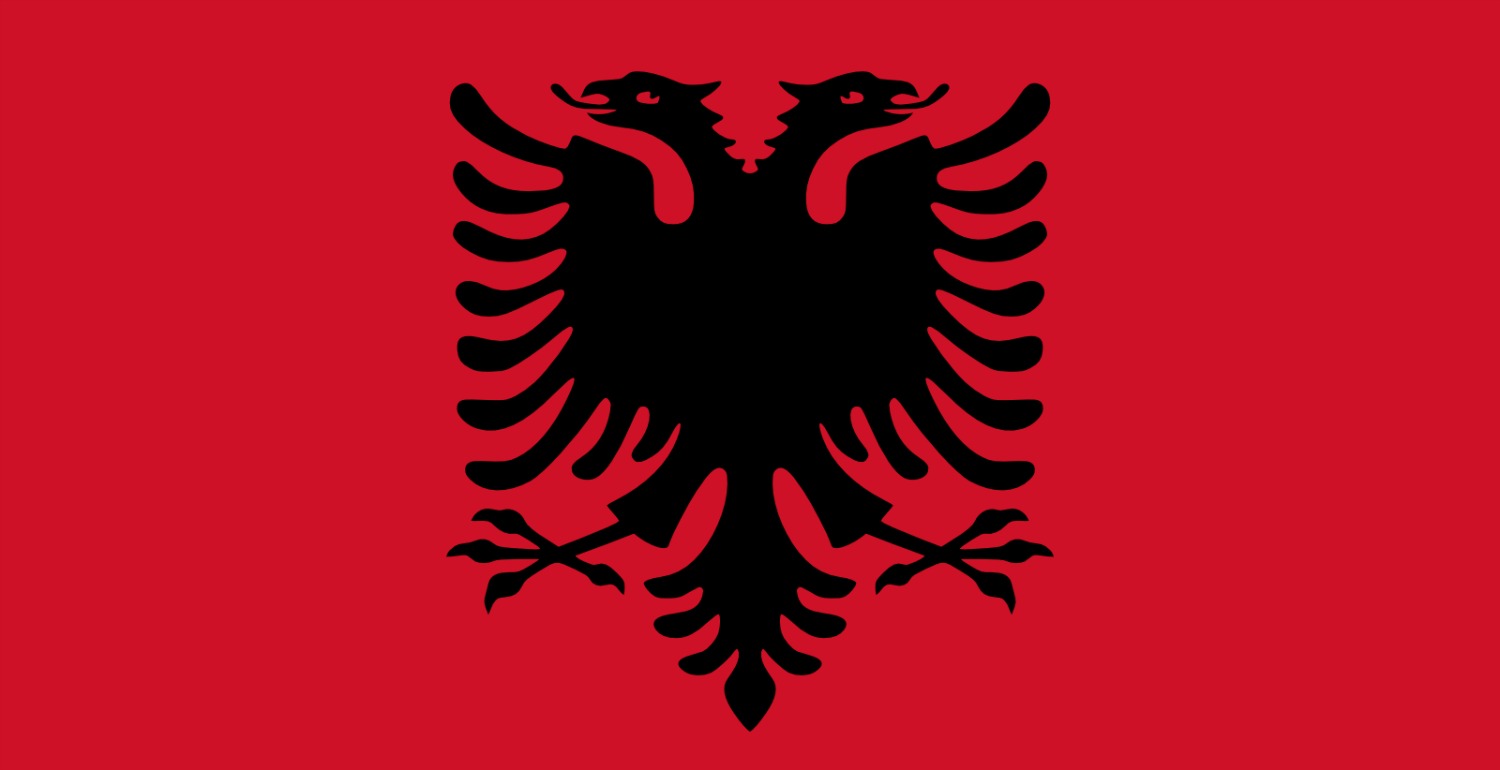Albania is expected to hold new parliamentary elections, and further reform is viewed as key to their success. The country has faced tremendous challenges in its democratic development since emerging from harsh communist rule and self-imposed isolation in the early 1990s.
Despite highly polarized politics and splits within the Socialist camp in particular, there has been renewed progress. Albania, nevertheless, continues to face the difficult task, common to the region, of tackling organized crime and official corruption. The Albanian Government is making efforts, for example, to combat trafficking in persons, though it remains a source and a transit country for women and children who are sexually exploited or used as forced labor elsewhere in Europe.
Meanwhile, Albania has maintained strong bilateral ties with the United States and cooperated with the international response to past regional conflicts. The country is a strong supporter of the war on terrorism and works within the framework of the Adriatic Charter, a U.S. initiative that includes Macedonia and Croatia, in laying the groundwork for further European and Euro-Atlantic integration.











